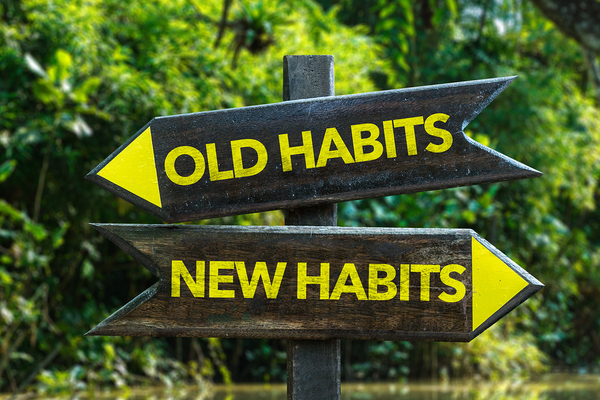
Are you ready to stop enabling and start helping?
While no one sets out to actively enable a loved one’s addictions, the reality is that many people end up crossing this line out of the misguided sense that they’re “helping.” Unfortunately, these behaviors can stand in the way of recovery and even endanger your loved one’s life. If you’re ready to stop enabling and start moving forward, stop these six habits today.
1. Stop Covering Things Up
You may feel like your loved one will suffer if the truth comes out, but by hiding, making excuses about, or lying about an addiction, you’re actually prolonging the inevitable. The truth will eventually come out. The longer adverse behaviors are allowed to continue, the worse the repercussions will be when everything finally comes crashing down. Make sure to communicate to your loved one that your transparency is out of concern and worry, not as a punitive measure.
2. Stop Looking Away From the Problem
Conflict isn’t fun for anyone. If you’re avoiding confronting the addiction simply because you can’t stand the thought of another fight or argument with your loved one, you’re only making the problem worse by being an enabler. Very few addicts overcome addiction on their own and without the intervention of family and close friends. The sooner and more directly you confront the problem, the better.
3. Stop Writing It Off as a Phase
We all go through different life phases. But addiction is not a phase. It’s a progressive downward spiral from which there’s often no return if left unchecked. Calling addiction a phase is belittling a potentially life-threatening problem while also implying that the behaviors will naturally reverse themselves. They won’t. In fact, they’ll only get worse.
4. Stop Bailing Out Your Loved One
This means both literally and figuratively. Whether you’re stepping in with yet another excuse for a missed day of work or bailing your loved one out of jail, these are enabling—as opposed to helping—behaviors. Just like the rest of us, addicts need to face the consequences of their actions in order to learn from them. If you’re constantly showing up and saving the day, you’re standing directly in the way of their ability to learn.
5. Stop Giving Extra Chances
Taking the hard line with an addict is not easy—particularly when you love them and they keep telling you they’ll change. However, if you continue to give an addict chance after chance after chance, they’ll keep taking advantage of them. It’s only when addicts “bottom out” to nothing that they can see how far they’ve fallen and that seeking treatment is the only way out. This can be very difficult to do, especially when the outcomes of stepping back are potentially severe. However, remind yourself that negative outcomes are a necessary part of the process.

Confronting an addiction is difficult, but necessary—for addicts and enablers alike.
6. Stop Partying With Your Loved One
You may feel like the only way you can connect with your loved one is when you engage in risky behaviors together. However, when you join your loved one in drinking and/or doing drugs together, you’re tempting them while simultaneously undercutting your own concerns. If you truly want to help your loved one, adopt a universal zero tolerance policy within your home.
The good news? Deciding to stop enabling a loved one doesn’t mean you can’t help them. In fact, in committing to stop enabling, you may be doing the very best thing you can do for an addict: forcing them to accept the reality of their addiction and the need for professional intervention in order to begin the journey to an addiction-free life.
We’re Here to Help
Contact us today to learn more about how Harris House can help your loved one take a giant step in the right direction.







